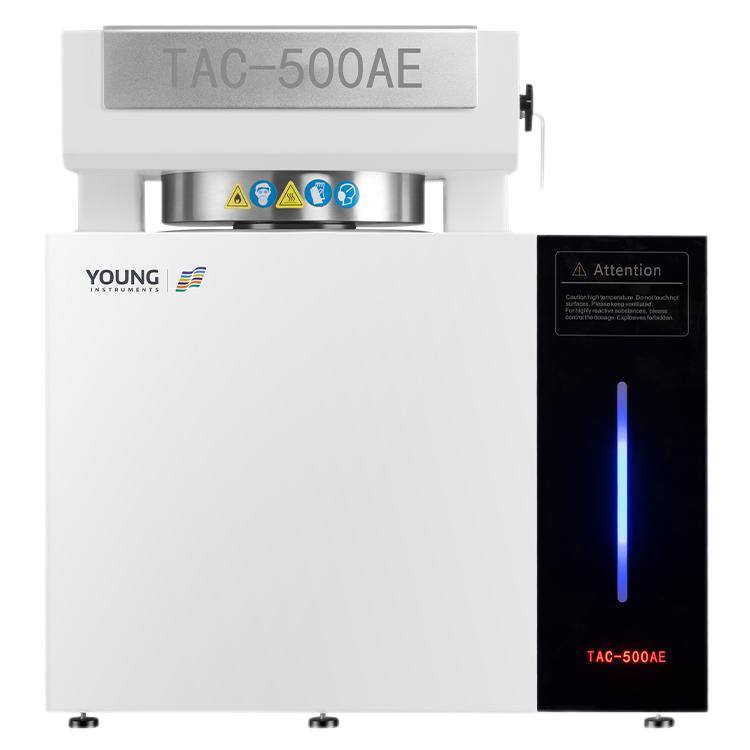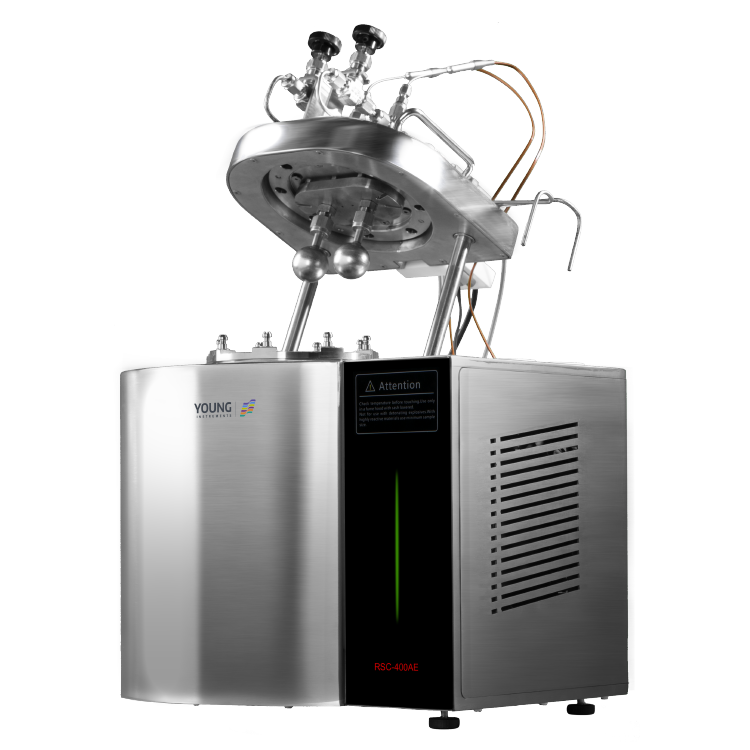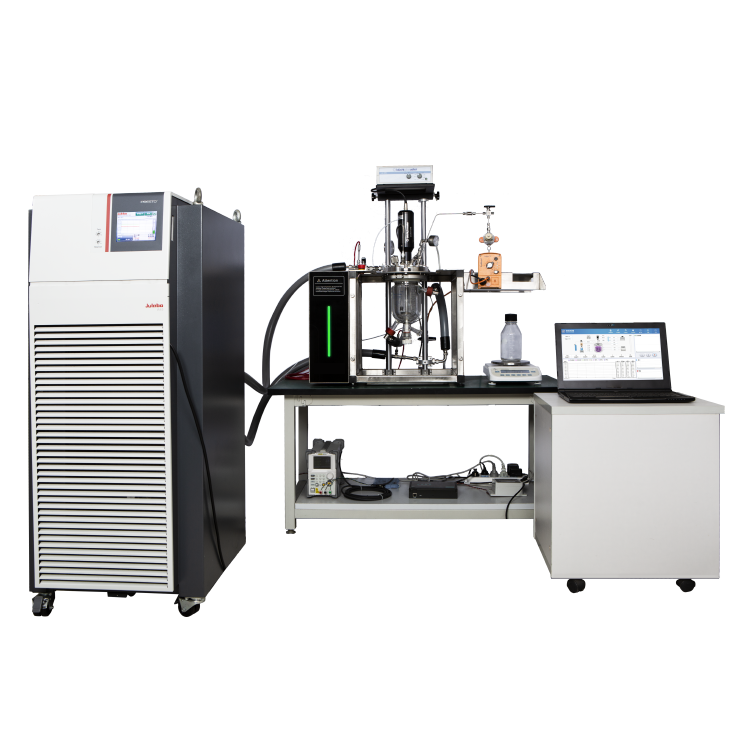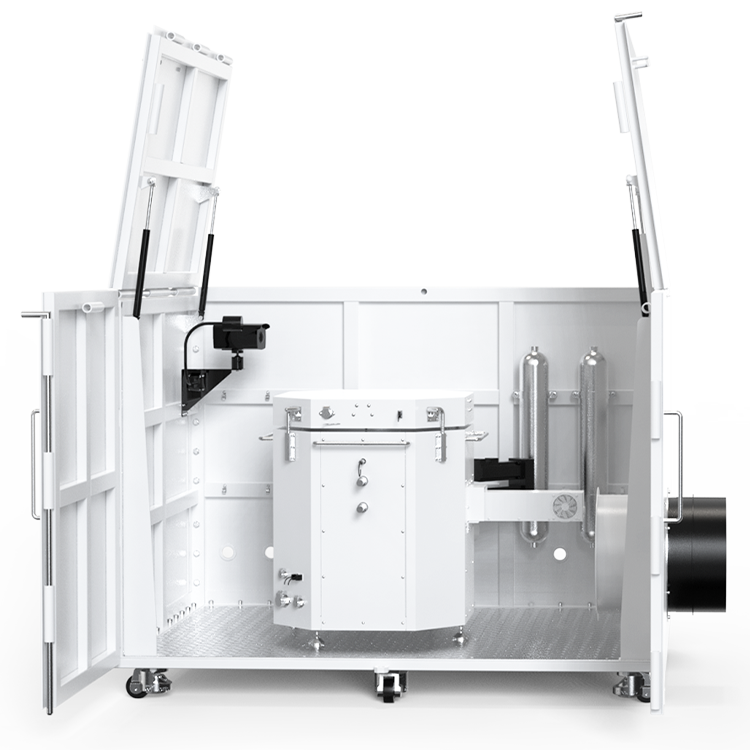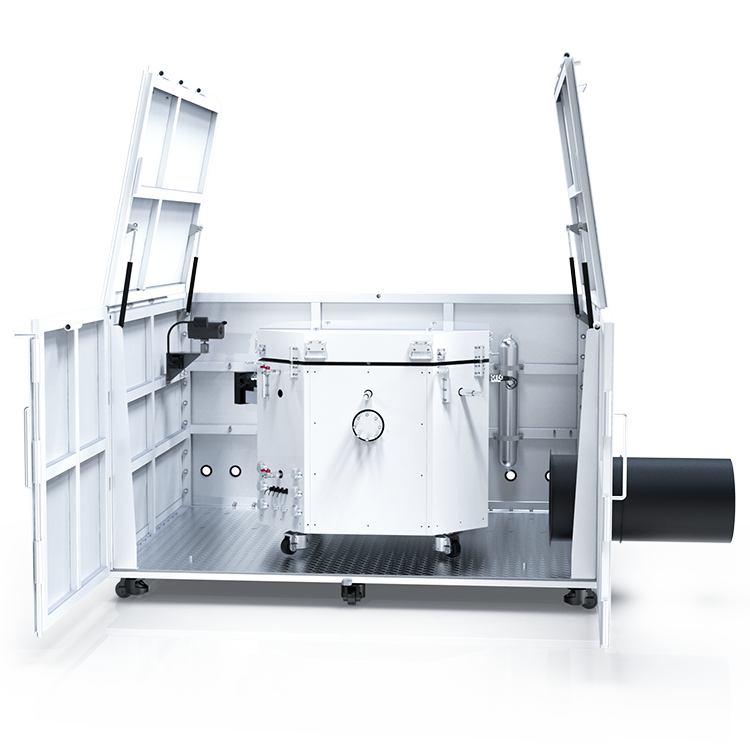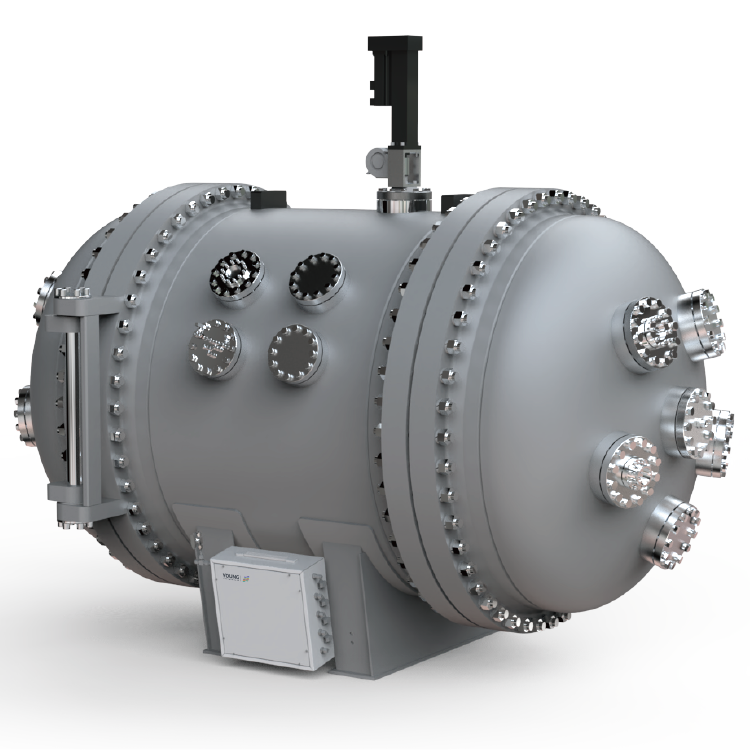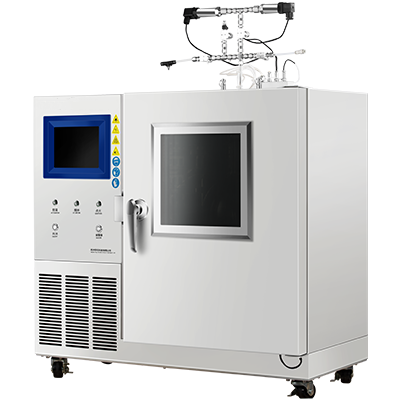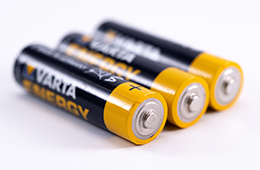Exploring the Explosive Potential: Dust Explosion Testing and Safety Measures
Dust explosions occur when fine particles suspended in the air combust violently, posing significant risks in various industrial environments. Understanding and mitigating these explosions is crucial for maintaining workplace safety and operational integrity. To this end, dust explosion testing and implementing stringent safety measures are vital. Founded on principles of continuous innovation and a pursuit of excellence, Zeal Instruments has long been at the forefront of providing advanced testing technologies. The company is dedicated to advancing research in new materials and energy sectors, thereby enhancing safety and technological development in these critical areas.
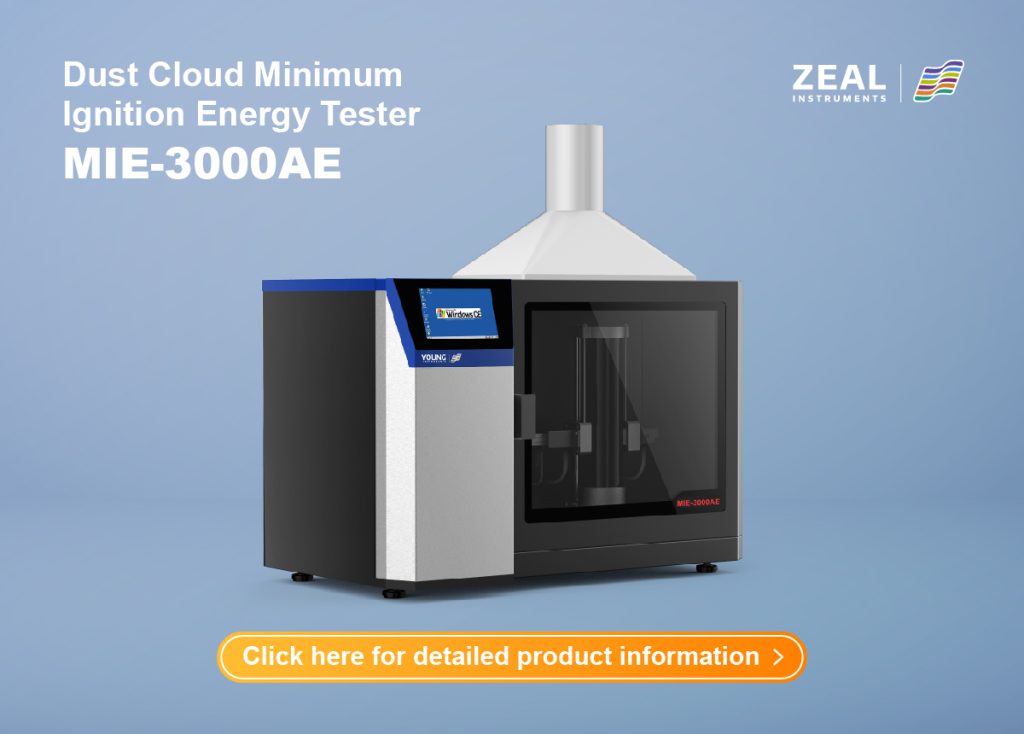
Understanding Dust Explosions
What is Combustible Dust?
Combustible dust refers to fine particles that, when suspended in air under certain conditions, have the potential to ignite and explode. These particles can be composed of metals, wood, coal, flour, sugar, paper, soap, or dried blood. The size and concentration of the dust particles significantly influence their explosiveness.
Conditions Required for a Dust Explosion
A dust explosion requires five key elements, often referred to as the “Dust Explosion Pentagon”:
- Fuel: Fine, combustible particles.
- Oxidant: Typically, atmospheric oxygen.
- Ignition Source: Heat, sparks, or flames.
- Dispersion: Dust particles suspended in the air at a high concentration.
- Confinement: Enclosed or semi-enclosed space, enhancing the explosion’s force.
Common Industries at Risk
Industries that handle organic materials (like wood and food products) or metallic dusts are particularly susceptible. These include:
- Woodworking facilities
- Food processing plants (especially those dealing with powdered milk, sugar, or flour)
- Metalworking shops (particularly involving aluminum and magnesium)
- Chemical manufacturing
- Pharmaceuticals
Each of these sectors must strictly manage dust to prevent catastrophic incidents.
Dust Explosion Testing Methods
Field Testing
While laboratory tests provide controlled results, field testing introduces the complexity of real-world conditions, offering insights into how actual operational environments influence dust behavior.
- Importance of Real-World Simulations: Field tests simulate actual manufacturing or processing conditions to assess the effectiveness of dust control and mitigation systems in situ. These tests are crucial for validating laboratory findings and ensuring they translate effectively into practical safety measures.
- Challenges and Limitations: Field testing faces challenges, including variability in environmental conditions and the difficulty in controlling all influencing factors. Moreover, field tests can be disruptive and require stringent safety protocols to ensure they do not trigger actual incidents.
By integrating both laboratory and field testing, industries can comprehensively assess risks and tailor their explosion prevention and mitigation strategies effectively.
Zeal Instruments Dust Cloud Minimum Ignition Energy Tester
Zeal Instruments’ Dust Cloud Minimum Ignition Energy Tester is an essential tool in assessing the explosive potential of dust particles. By dispersing dust into a Hartmann tube and igniting it with a spark, this instrument meticulously determines the Minimum Ignition Energy (MIE), indicating the dust’s sensitivity to ignition and explosion risk.
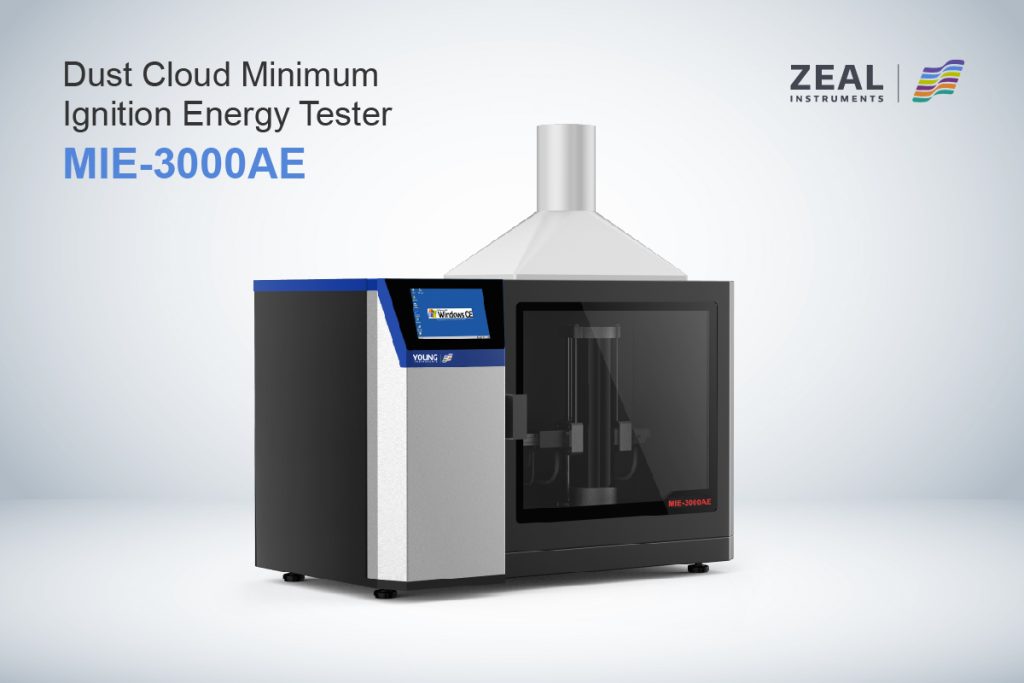
Test Parameters
The tester identifies the Minimum Ignition Energy (MIE) required to ignite a dust cloud, which is crucial for understanding how easily materials can combust in industrial settings.
Applicable Fields
This equipment is indispensable for industries handling combustible dust, such as pharmaceuticals, food processing, and metalworking, where understanding dust explosion properties is critical for safety.
Features
- Adheres to International Standards: Compatible with ASTM E2019, IEC 61241-2-3, and other relevant standards.
- Advanced Safety Features: Includes an automatic high-voltage disconnection for safety and a remote ignition control to protect users.
- High Usability: Features a user-friendly interface with a 7-inch color LCD touchscreen, USB connectivity for data management, and flexible adjustments for experimental setup.
Specifications
- Operating Environment: 5°C to 45°C, humidity under 85% RH.
- Spark Energy Ranges: From 1mJ to 3000mJ, with both standard and customizable settings.
- Hardware: Includes a 1.2L Hartmann tube, tungsten electrodes, and adjustable parameters such as electrode distance and ignition delay time.
The Zeal Instruments tester not only provides precise measurements but also enhances experimental efficiency and safety, making it a pivotal tool in the ongoing efforts to understand and mitigate dust explosion risks.
Case Studies
Notable Dust Explosion Incidents
Several high-profile incidents highlight the importance of dust explosion safety measures:
- The 2008 Imperial Sugar factory explosion in Georgia, USA, was caused by sugar dust.
- The 2011 metal dust explosion in Jiangsu, China, occurred in a polishing workshop.
Lessons Learned and Their Impact on Safety Measures
These incidents underscore the necessity for stringent safety protocols and continuous monitoring. They have led to improved regulatory standards and heightened awareness of dust explosion risks across industries.
Laboratory Testing
Laboratory tests are essential for understanding how different materials behave under specific conditions and determining the explosiveness of dust.
Final Words
The explosive potential of dust in industrial settings necessitates rigorous testing and comprehensive safety measures. Through a blend of engineering controls, administrative strategies, and personal protective equipment, organizations can effectively manage and mitigate the risks associated with dust explosions. Case studies of past incidents underscore the devastating consequences of neglecting such precautions, while regulations and standards provide a framework for consistent safety practices. As technology and understanding evolve, so too must our approaches to ensuring safe working environments. Zeal Instruments remains committed to advancing these safety measures through continuous innovation and excellence, reinforcing the importance of dust explosion awareness and prevention in safeguarding the future of industry and its workers.








